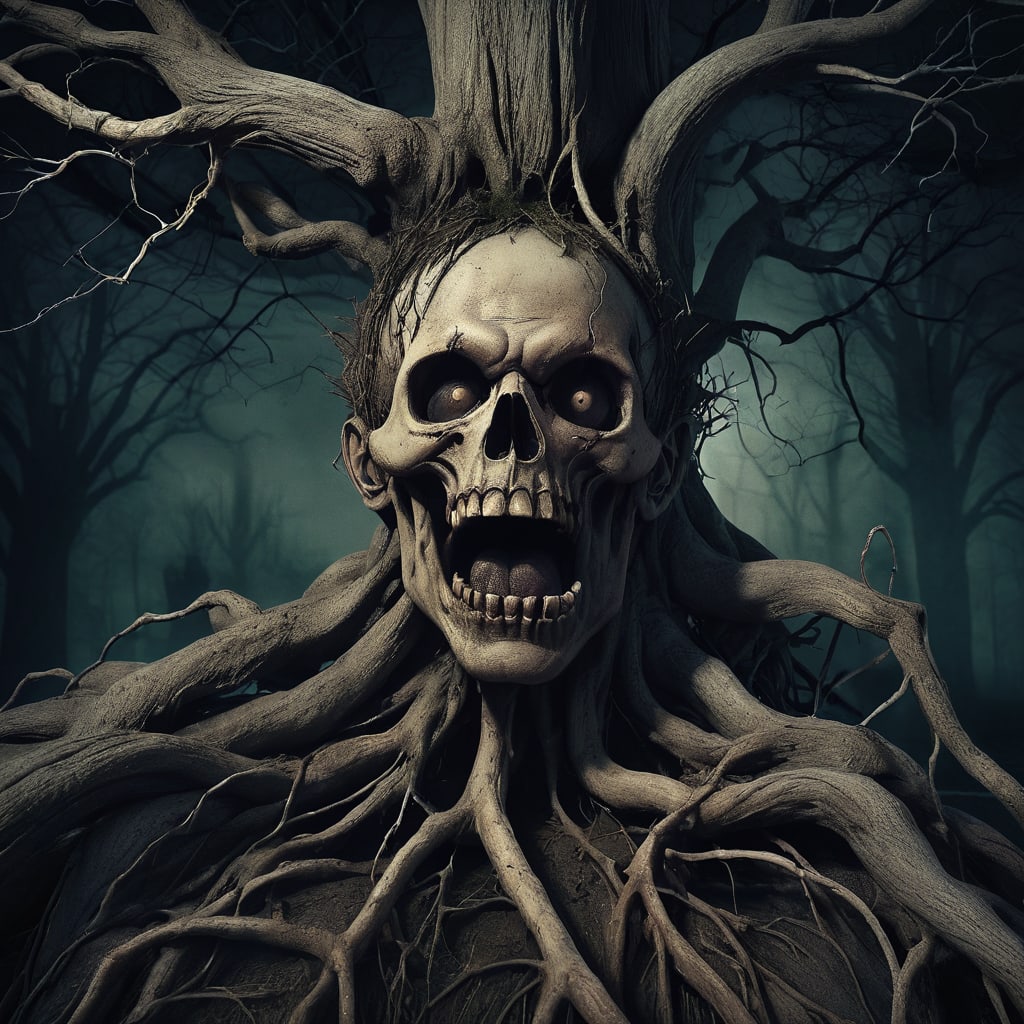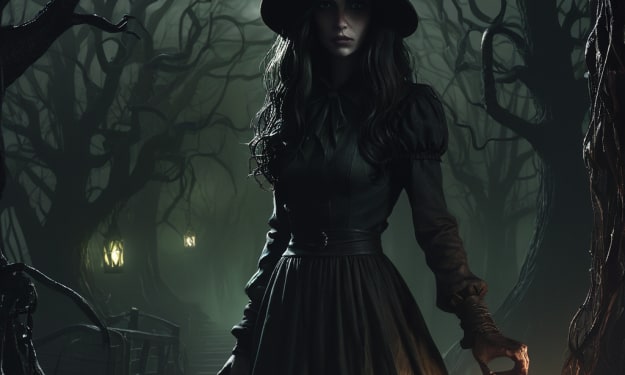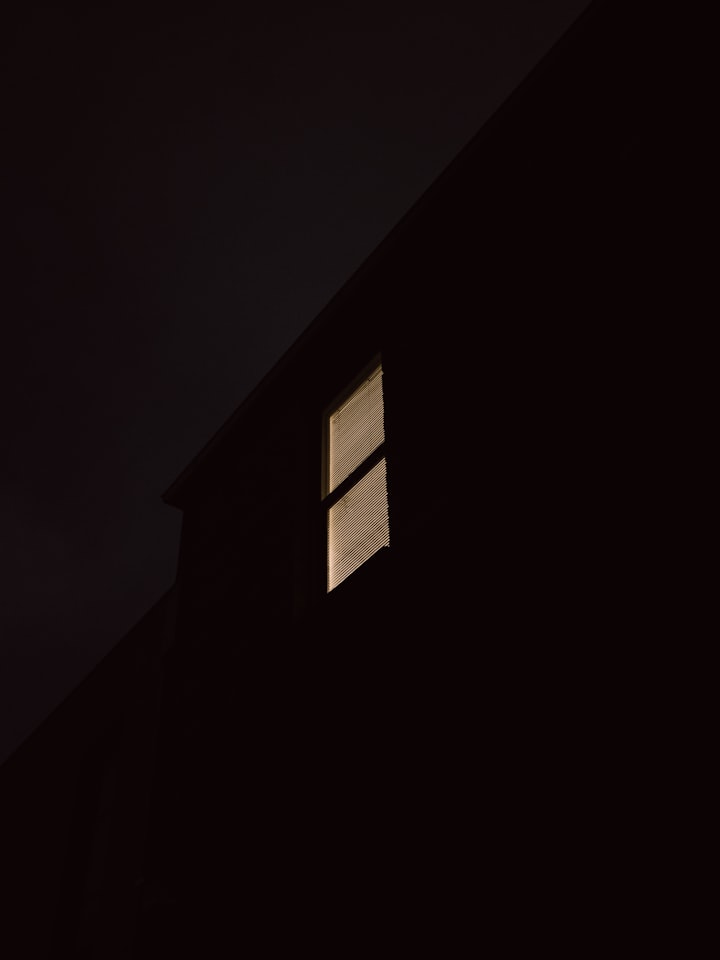The Roots of Horror
The genesis of horror can be traced back to ancient folklore and mythological tales filled with monsters, demons, and gods exacting cruel justice. These stories served multiple purposes: explaining the unexplainable, imparting moral lessons, and exploring themes of life, death, and what lies beyond. As centuries passed, horror evolved, finding new expressions in literature, with seminal works like Mary Shelley's "Frankenstein" and Bram Stoker's "Dracula" laying the foundational stones of the genre in the 19th century. These literary giants did more than entertain; they probed the consequences of human ambition, the fear of the unknown, and the complexities of good and evil.

Horror's Silver Scream
The 20th century heralded the advent of cinema, and with it, horror found a new medium to terrify and enthrall audiences. From the silent screams of "Nosferatu" to the suspenseful storytelling of Alfred Hitchcock, and the grotesque beauty of Guillermo del Toro's creations, horror films have evolved in response to societal anxieties and technological advancements. The genre's adaptability is evident in its sub-genres, from psychological thrillers and slashers to paranormal horror, each tapping into specific fears and cultural moments.
A Reflection of Society's Deepest Fears
Horror serves as a dark mirror to society, reflecting our collective anxieties and the monsters of our times. The Cold War era saw an influx of alien invasion films, symbolizing the fear of the unknown and the threat of nuclear annihilation. The rise of technology and the internet gave birth to cyber horror, exploring the fear of losing our privacy and humanity to machines. Horror has the unique ability to externalize our internal fears, making it a potent tool for societal commentary.
The Lure of the Macabre
What draws us into the embrace of horror, knowing it's designed to terrify us? The answer lies in the complex psychology of fear and the cathartic release it provides. Experiencing horror in a controlled environment, such as a movie theater or within the pages of a book, allows us to confront our fears in a safe space. It's a thrill ride, a test of courage, and for many, a way to feel alive in the face of the genre's deathly obsessions. Moreover, horror fosters a sense of community, bringing people together through shared experiences of fear and relief.
The Power of Horror
Beyond its ability to scare, horror is a powerful medium for exploration and expression. It challenges creators and audiences alike to confront uncomfortable truths, to question the status quo, and to examine the nature of humanity. Horror can heal, offering a means to process grief, trauma, and anxiety through its narratives. It's a genre that defies simplicity, constantly evolving, and always finding new ways to get under our skin.
Embracing the Darkness
As we peer into the shadows, horror holds up a lantern, guiding us through the darkness of our own fears and desires. Its stories are cautionary tales, warnings, and sometimes, celebrations of the macabre. In horror, we find a space to explore the unimaginable, to question the impossible, and to confront the monsters lurking in the dark corners of the world, and within ourselves.
In the embrace of horror, we discover not just the thrill of fear, but the poignant beauty of facing the abyss and finding within it the strength to look away, or to stare deeper, seeking understanding. Horror, in all its grotesque splendor, remains a testament to the resilience of the human spirit, a reminder that even in our darkest hours, there is a flicker of light, of hope, and of the unyielding power of storytelling to unite us in our most primal human experiences.
The Psychological Allure of Horror
At its core, horror taps into the primal fear of the unknown, a fear that has guided the human species through the dangers of the unknown world since time immemorial. This fear, while often considered a negative emotion, plays a crucial role in our survival, heightening our senses and preparing us for potential threats. Horror, in its myriad forms, simulates these threats in a controlled environment, allowing individuals to confront and understand their fears without facing real danger. This confrontation with fear does not only provide a rush of adrenaline but also serves as a form of catharsis, offering relief from the stresses of daily life and the opportunity to safely explore the darker sides of human nature.
Horror's Enduring Legacy
The legacy of horror is woven into the fabric of human culture, from ancient myths and folk tales to modern movies and literature. These stories serve as a testament to the genre's ability to evolve with society, reflecting contemporary fears and anxieties. Horror has the unique capability to transcend cultural boundaries, tapping into the universal fears that haunt the human psyche, making it a powerful tool for storytelling and societal commentary.
Shaping Our Understanding of Fear and Bravery
Horror does more than scare us; it teaches us about bravery and the capacity to face our fears. The characters in horror stories, often ordinary individuals thrust into extraordinary circumstances, become symbols of resilience and courage. Through their journeys, we learn that bravery is not the absence of fear but the ability to confront and overcome it. Horror challenges us to look beyond the surface, to question our assumptions, and to recognize the strength within ourselves to face the unknown.
In embracing the darkness, horror offers a unique lens through which we can explore the complexities of fear, bravery, and the human condition. It reminds us that sometimes, the real horror lies not in the monsters under our beds but in the depths of the human soul, in the choices we make when confronted with the unimaginable. Through its chilling tales and eerie whispers, horror holds a mirror to society, inviting us to confront our darkest fears and, in doing so, discover our inner strength and resilience.






Comments
There are no comments for this story
Be the first to respond and start the conversation.